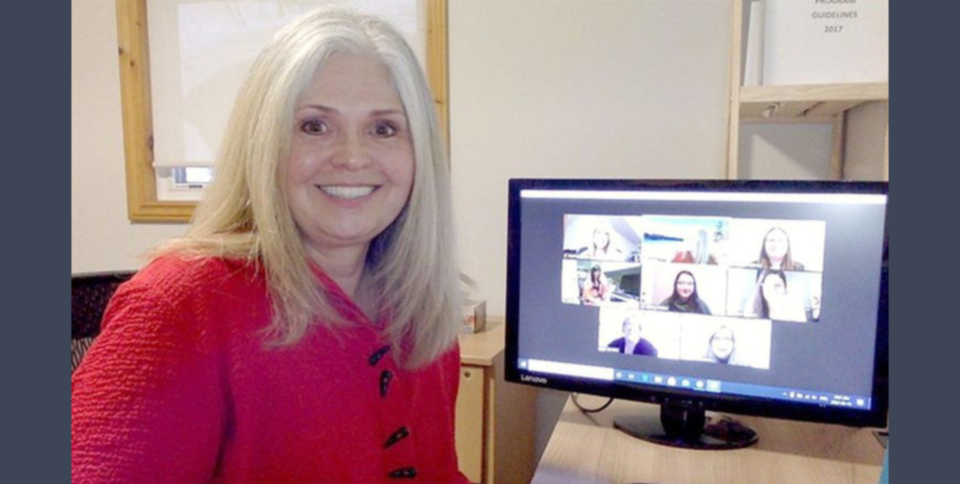It’s about ending the stigma. It’s about removing systemic barriers. It’s about "getting ahead in a just-getting-by world."
That’s the work Kate Quinlan, Heather Murch and Lisa Cook, who work at the YMCA of Simcoe/Muskoka employment and learning services, are involved in with the Getting Ahead program in Parry Sound.
“A big eye-opener for me has been seeing how frequently people are judged and misunderstood,” said Cook, team leader, YMCA of Simcoe/Muskoka Employment Services.
Getting Ahead in Parry Sound is program run by the Simcoe/Muskoka YMCA Employment Services in Parry Sound and receives funding by the Home Depot Orange Door campaign.
The 16-session program is geared toward youth and young adults who have unstable living environments, living in low income or generational poverty and those experiencing multiple barriers in moving forward in their life.
“ … participants are investigators, and they investigate not only their own lives but the community as a whole and the barriers that they face in moving forward in their life,” said Quinlan, an employment specialist and facilitator of the Getting Ahead program.
At the culmination of the program, graduates have identified systemic barriers in the community and assessed the Parry Sound area and determined strengths and weaknesses in community systems and they sit down with local politicians, officials and stakeholders to share their findings.
“It’s important to emphasize we do confront the reality of ‘this is what’s going on in my life now and these are the barriers I’m facing,’ but we also try to get an understanding of why,” said Murch, adding that one of the main goals of the program is to help individuals find a voice to advocate for themselves.
Adequate and affordable housing, regional transportation, access to physical and mental health care including access to dentist and child care that operates outside of the regular 9 to 5, have all been identified as systemic barriers by the latest Getting Ahead cohort.
“It’s not just one easily solved barrier. It’s the barriers piling up and spiralling and circling around each other that make it pretty much impossible for people to jump over and really get ahead,” said Murch. “It only works if the community surrounds them with supports and helps to pull back some of those barriers.”
For Murch, Quinlan and Cook, the hardest part of working with individuals experiencing economic instability and precarious housing is not being able to remove barriers for people.
“Every day we work with fabulous people who have so much to offer our community, but the barriers become too immense, and we can’t remove them for people — that is the hardest part of our jobs,” said Murch.
“As individuals, we can’t just fix the systemic barriers that are in place,” said Quinlan. “We each have a part in making shifts in those barriers but it’s not an overnight endeavour, it takes time.”
“There’s a perception … People can’t be bothered to get a job, the stigma of they would rather be collecting benefits — that’s not the case,” said Cook.
So, what is the end goal for a graduate of Getting Ahead?
“They get to decide,” said Quinlan. “(It’s) self-directed, we have absolutely no agenda. Getting Ahead investigators come in and they get to decide their future story — they get to decide what their end goal is.”
The program has a wide range of graduates who have gone on to further their education, gain employment or increase their social networks and become involved in community work, Quinlan explained.
“If anything, the goal is to help people have the opportunity to pause from the daily struggle, to even start to dream about what their future story is and take ownership of that,” said Murch.
- Sarah Cooke’s reporting is funded by the Canadian government through its Local Journalism Initiative.



